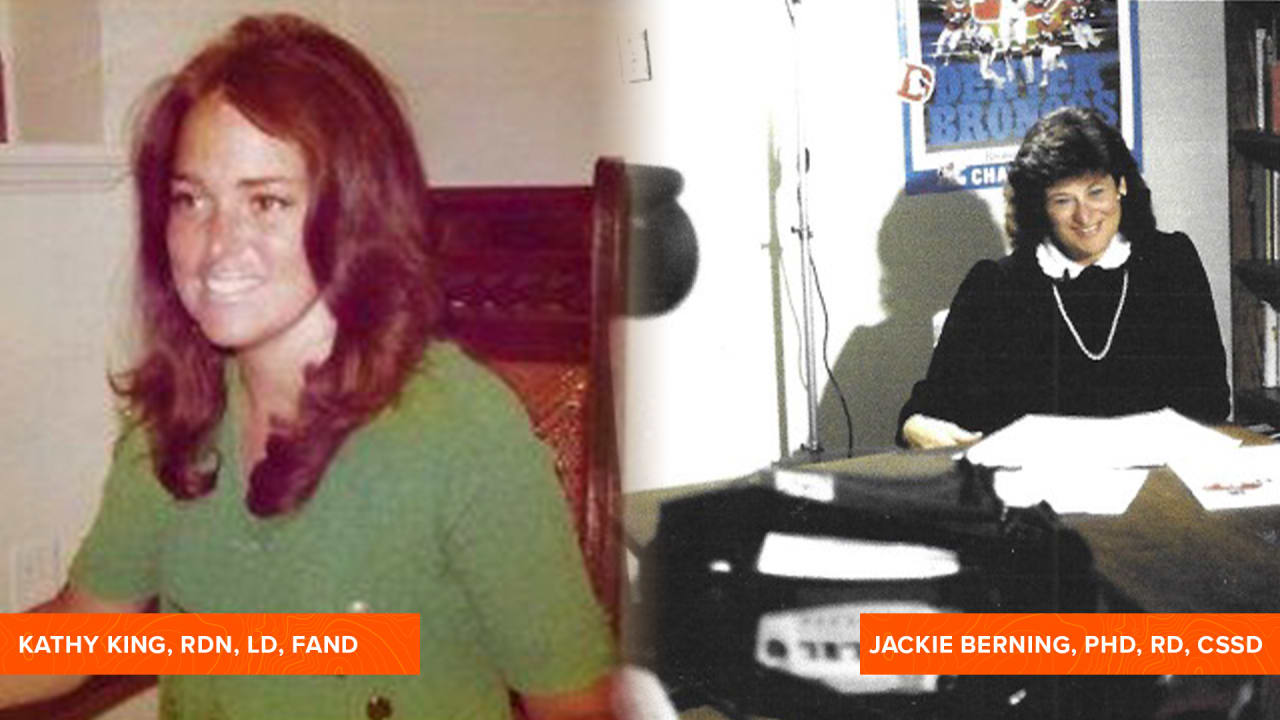Miles
Well-known member
- Mar 18, 2019
- 2,455
- 0

When Jackie Berning began what would be a 25-year run with the Broncos as a nutritionist consultant in 1984, she also was asked to speak to the team.
"You know, you're pretty nervous," Berning says. "At the same time, I worked with USA Swimming and traveled the world with Swimming and been to a couple Olympics. But it was different."
In front of the team, she began her speech. While much of the team paid close attention, there were some pockets of distracting chatter. Veteran linebacker and future Ring of Famer Tom Jackson had had enough of it.
"I remember Tommy Jackson stood up and said, Listen! She knows what she's talking about. Let's sit down and listen to this," Berning recalls."And the whole room went silent and I got so complete participation from everybody in there. And I thought, Holy cow — this might work. This might really work."
At the time, the Broncos were hoping to build off of a 9-7 season behind a promising young quarterback named John Elway and tremendous leadership from a head coach named Dan Reeves. But the last time the team had won a playoff game was during the 1977 postseason run. They could use any edge they could get, and Jackson knew Berning held invaluable knowledge that could help.
"He knew there were some players that knew that they didn't feel well when they didn't eat well," Berning says. "They knew that the performance wasn't lasting the whole time during the game. They didn't know what to eat. … [He got them to a place where they were saying] We need to listen to this. We need to get better as a team, and she knows what she's talking about.It turned the whole thing around."
As Berning recalls, she followed King as the next nutritionist to consult for Denver. While King experienced the team's first Super Bowl run, Berning's stint featured many more. During her time, she helped guide the Broncos players who needed help with their diets, mostly rookies with little knowledge of how to prepare healthy meals for themselves or players with special dietary needs, as well as consulting on the team's menus for road trips.
But in 1997, she helped make a significant change to the Broncos' daily operations along with Steve "Greek" Antonopulos, then the team's head athletic trainer. It was simple: breakfast.
Berning and Antonopulos noticed that players were bringing in fast food, donuts or simply reheating leftover take-out meals from restaurants. These were not proper materials for the foundational meal of the day.
"It was like working with a set of Porsches," Berning says. "I mean, these guys have the talent, they have the knowledge, they have the God-given physical attributes to go out to play pro football. … The problem is they're putting in diesel fuel in a tank that requires super unleaded."
The solution was to provide a simple daily breakfast for the team — oatmeal, bagels, fruit, those kind of things.
"Lo and behold, we won those two back-to-back Super Bowls," Berning says with a laugh.
When Berning's time in Denver ended a decade later, she could see the future of nutrition in sports coming to fruition. She had predicted in a 1991 "Nutrition Update" magazine that a role like hers would become commonplace in less than a decade.
"By the year 2000, don't be surprised to see team dietitians as part of every major sport, both professional and amateur," Berning wrote in the professional publication. "Sports nutritionists will be an integral part of the sports medicine team which cares for athletes. They will travel with teams both nationally and internationally. They will be consulted before the game or competition begins, during halftime or breaks, and post-game nutrition will be the important issue of the new century."
